[Guest post] Free Holdings case raises important issues regarding the legal nature of NFTs
The IPKat
APRIL 19, 2023
The IPKat is pleased to host the following guest post by Katfriend Paolo Maria Gangi (Studio Gangi) on a recent case addressing the legal nature of non-fungible tokens (NFTs). The legal nature of an NFT In each NFT there is a non-fungible token created by the smart contract and an image (e.g.,

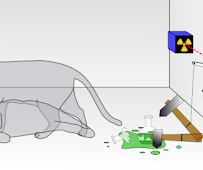
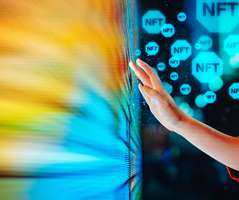

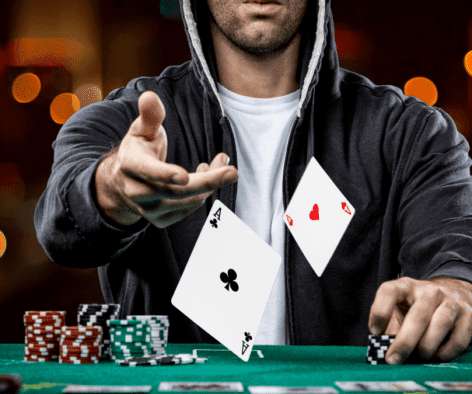

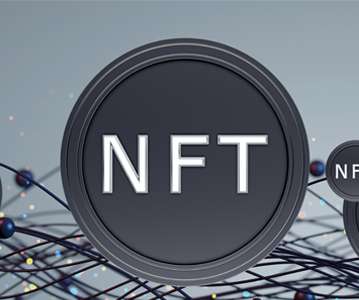
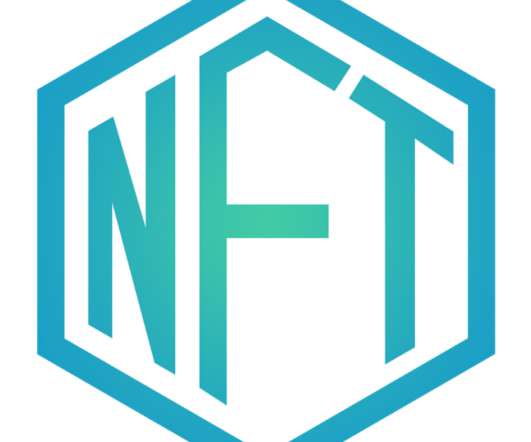






Let's personalize your content